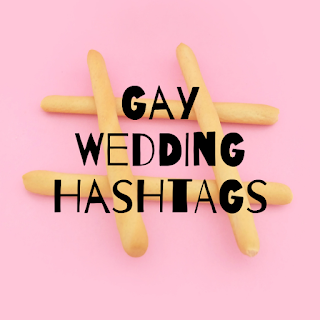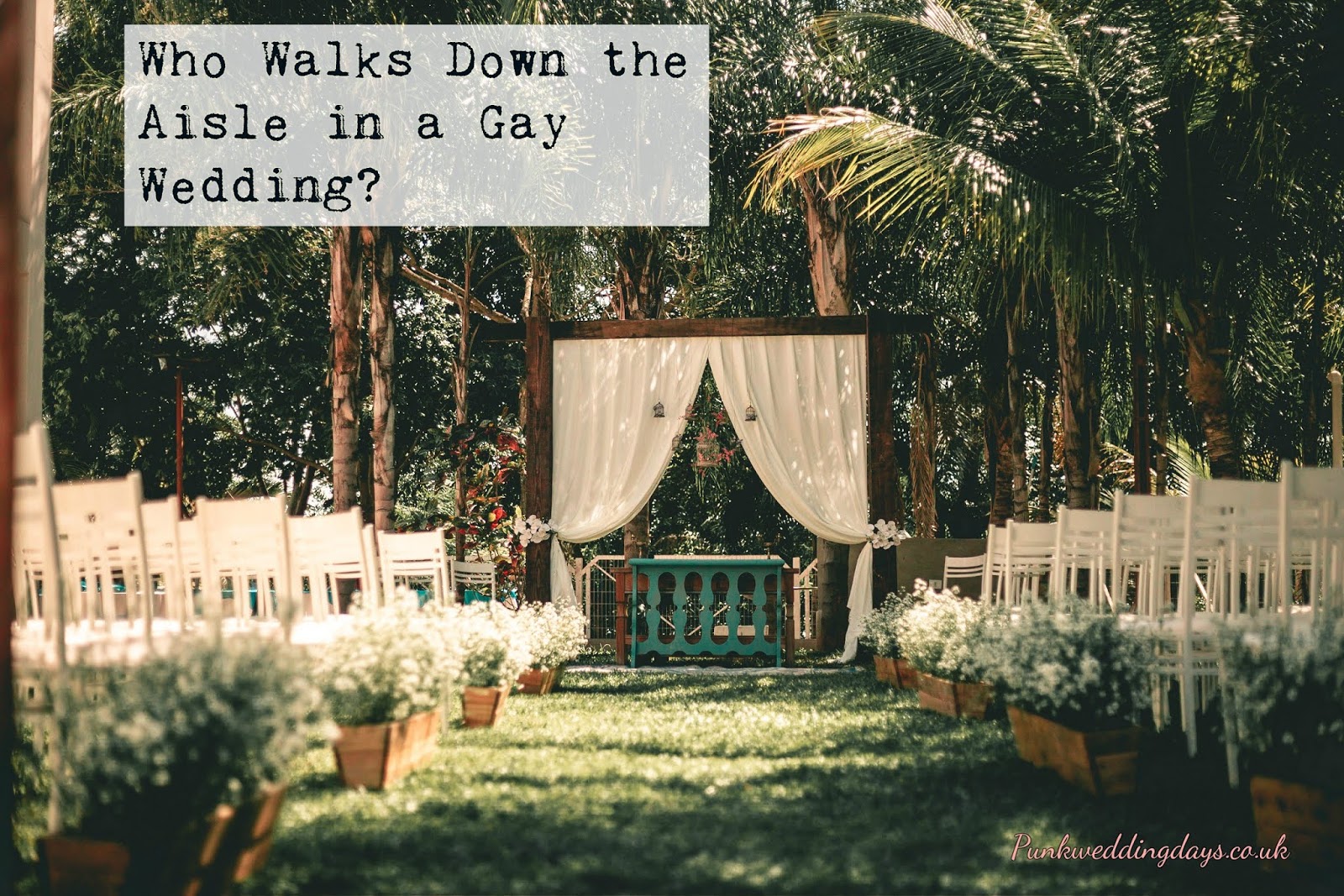Court of Appeal in Belfast rules humanist marriage must be legally recognised
The Court of Appeal in Belfast has ruled that humanist celebrants must be registered by the state as able to perform legal marriages for couples.
The ruling is a victory for Laura Lacole, a model and public speaker, and Eunan O’Kane, a Leeds United and Republic of Ireland midfielder, who have been campaigning for legal recognition of humanist marriages in Northern Ireland for the last two years. Laura and Eunan have been supported in bringing their claim by Humanists UK and its section Northern Ireland Humanists.
Laura Lacole commented,
‘Eunan and I are delighted that other couples should now be able to have legal recognition for their humanist marriages, just as we had for ours. In taking our case we simply sought for couples to be able to get married in a form that reflects their deepest-held beliefs and values, something already available to religious couples but not to humanists. We couldn’t continue allowing the law to give special privilege to religious beliefs. Despite the immense stress this undertaking has put us through; we know it was the right thing to do for not just us, but for Northern Ireland.’
For Humanists UK, attention now turns to Westminster, where Parliament gave the Government the power to legally recognise humanist marriages in 2013 in England and Wales without the need for further legislation, but where the Government has so far failed to act on that power. Last month the All Party Parliamentary Humanist Group published its report Any lawful impediment? setting out how such legal recognition can be brought about - and why human rights laws mean this must happen.
Andrew Copson, Chief Executive of Humanists UK commented,
‘We are delighted at the outcome of this hearing, which will enable thousands of couples to get married in a way that is personal and meaningful to them. Laura and Eunan have fought bravely for what is simply a matter of fairness, and their efforts in succeeding must be highly commended.
‘As for England and Wales, now is the time for action. They are now isolated as the only parts of Britain and Ireland where humanist marriage is not recognised, at great cost to the happiness of loving couples, to the future of marriage, and to our economy, as couples go elsewhere. Giving legal recognition would be fair, popular, and simple to achieve. The law is already drafted; it just needs to be implemented.’
Humanists UK has written again to the UK Government, calling on them to make arrangements for legal recognition as soon as possible.
About humanist weddings
A humanist wedding is a non-religious ceremony that is deeply personal and conducted by a humanist celebrant. It differs from a civil wedding in that it is entirely hand-crafted and reflective of the humanist beliefs and values of the couple, conducted by a celebrant who shares their beliefs and values.
Legal recognition has already had a transformative effect on Scottish and Irish society.
In Scotland, humanist marriages gained legal recognition in 2005, and have risen in number from 85 in the first year to over 4,900 in 2015, overtaking the Church of Scotland in the process. In the Republic of Ireland, humanist marriages gained legal recognition in 2012. In 2016 around seven percent of legal marriages were humanist, more than three times as many as there were (Protestant) Church of Ireland marriages.
In England and Wales, marriage law is different from in Northern Ireland and Scotland. But the decision in Northern Ireland, as well as recent recognition in Jersey and ongoing proposals in Guernsey, surely means that the prospects of legal recognition have now become much more likely. Since 2013 the UK Government has had the power to extend legal recognition if it wishes but hasn’t chosen to use this power yet. Now Humanists UK is asking the Government to urgently do so.
Last week the Welsh Assembly heard calls to devolve marriage law due to concern about the UK Government's inaction.
The legal details
The case was taken on human rights grounds, targeting the discriminatory law that has meant that religious people are able to have legal marriage ceremonies in line with their beliefs, but humanists have, until now, not been able to do likewise.
In June last year, the High Court ruled that the lack of legal recognition to humanist marriages in Northern Ireland breaks human rights law, by privileging religious believers (who can have legal marriages) over humanists.
That decision was subsequently appealed by the Attorney General to the Court of Appeal, and the Department of Finance then followed also. The Court initially issued a stay on the decision, albeit while uniquely letting Laura and Eunan have their legal humanist wedding ceremony. Laura and Eunan’s wedding ceremony took place on 22 June. The Court then held a number of further hearings on the matter, the last of which was in January.
The Department of Finance and Attorney General have now had their challenge upheld by Belfast’s Court of Appeal. However, this was because the judges ruled that there is already the power for humanist celebrants to be registered and the state should register them. Although this technically means that the human rights claim was dismissed, it was only because the judges found another way to give recognition to humanist marriages without finding any breach of human rights laws. So the result represents a win for Laura and Eunan.










